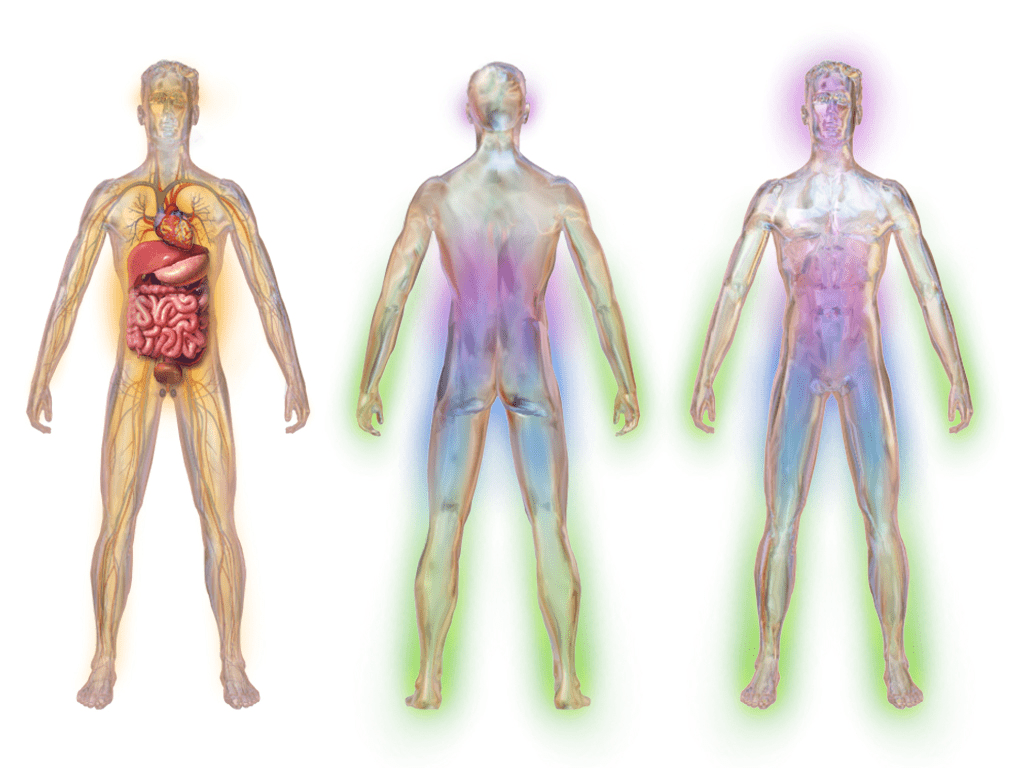Understanding Diabetic Neuropathy: A Comprehensive Guide
Diabetic neuropathy is a nerve damage condition that often affects people with diabetes. It occurs when high blood sugar levels damage the nerves throughout the body.
This nerve damage can lead to a variety of symptoms, including numbness, tingling, pain, and weakness. While there is no cure for diabetic neuropathy, early diagnosis and treatment can help manage symptoms and prevent complications.
FOUR Types of Diabetic Neuropathy
There are several types of diabetic neuropathy, each with its own unique symptoms and characteristics:
- Peripheral Neuropathy: This is the most common type of diabetic neuropathy, affecting the nerves in the feet and legs. Symptoms can include numbness, tingling, pain, and muscle weakness.
- Autonomic Neuropathy: This type of neuropathy affects the nerves that control involuntary functions such as digestion, heart rate, and blood pressure. Symptoms can include constipation, diarrhea, erectile dysfunction, and dizziness.
- Proximal Neuropathy: This type of neuropathy affects the nerves in the thighs, hips, and buttocks. Symptoms can include pain, weakness, and muscle wasting.
- Focal Neuropathy: This type of neuropathy affects a single nerve or a small group of nerves. Symptoms can vary depending on the nerve affected.
Symptoms of Diabetic Neuropathy
The symptoms of diabetic neuropathy can vary depending on the type of neuropathy and the nerves affected. Some common symptoms include:
- Numbness or tingling in the feet, legs, hands, or arms
- Pain in the feet, legs, hands, or arms, often described as burning, stabbing, or shooting pain
- Muscle weakness
- Sensitivity to touch
- Loss of balance or coordination
- Difficulty walking or standing
- Changes in bowel or bladder function
- Sweating problems
- Erectile dysfunction or sexual dysfunction
Causes of Diabetic Neuropathy
High blood sugar levels over time can damage the nerves in the body. This damage can occur because high blood sugar levels can lead to the buildup of harmful substances in the blood, which can damage the nerves. Other factors that may contribute to diabetic neuropathy include:
- Poor blood flow: Reduced blood flow to the nerves can also damage them.
- Autoimmune disorders: Some people with diabetes may also have autoimmune disorders, which can increase the risk of nerve damage.
- Genetics: Some people may be more genetically predisposed to developing diabetic neuropathy.
Diagnosis of Diabetic Neuropathy
A healthcare provider can diagnose diabetic neuropathy by conducting a physical exam and reviewing your medical history. They may also order tests to assess nerve function, such as nerve conduction studies or electromyography.
Treatment of Diabetic Neuropathy
While there is no cure for diabetic neuropathy, there are several treatments available to help manage symptoms and prevent complications. These treatments may include:
- Blood sugar control: Maintaining good blood sugar control is essential for preventing further nerve damage.
- Pain management: Over-the-counter or prescription pain medications can help manage pain associated with diabetic neuropathy.
- Physical therapy: Physical therapy can help improve muscle strength and balance.
- Lifestyle changes: Eating a healthy diet, exercising regularly, and quitting smoking can help manage diabetic neuropathy.
Complications of Diabetic Neuropathy
If left untreated, diabetic neuropathy can lead to serious complications, including:
- Foot ulcers: Nerve damage can lead to numbness or loss of sensation in the feet, making it difficult to detect and treat minor cuts or blisters. This can increase the risk of developing foot ulcers, which can become infected and lead to amputation.
- Falls: Nerve damage can affect balance and coordination, increasing the risk of falls.
- Joint damage: Nerve damage can lead to joint damage, especially in the feet and ankles.
- Depression: The pain and disability associated with diabetic neuropathy can lead to depression.
Preventing Diabetic Neuropathy
While there is no guaranteed way to prevent diabetic neuropathy, maintaining good blood sugar control is essential. Other preventive measures include:
- Regular eye exams: Diabetic retinopathy, a condition that affects the eyes, can also be caused by high blood sugar levels. Regular eye exams can help detect and treat diabetic retinopathy early.
- Healthy lifestyle: Eating a healthy diet, exercising regularly, and quitting smoking can help prevent diabetic neuropathy.
- Regular medical checkups: See your healthcare provider regularly for checkups to monitor your blood sugar levels and detect any signs of nerve damage.
Conclusion
Diabetic neuropathy is a common complication of diabetes that can significantly affect quality of life. While there is no cure, early diagnosis and treatment can help manage symptoms and prevent complications. By maintaining good blood sugar control, living a healthy lifestyle, and seeking appropriate medical care, individuals with diabetes can reduce their risk of developing diabetic neuropathy and improve their overall health.
